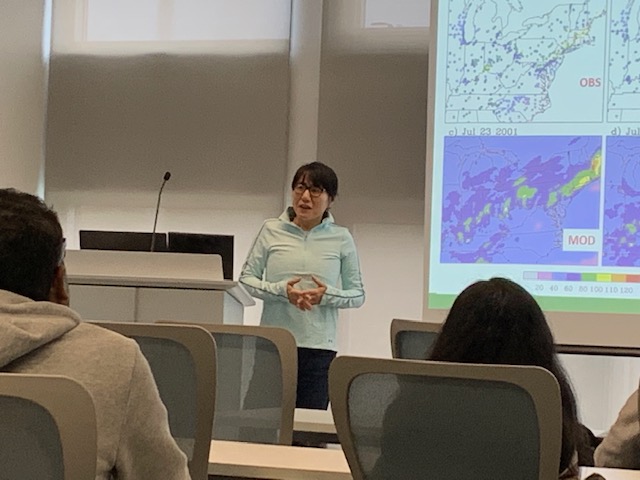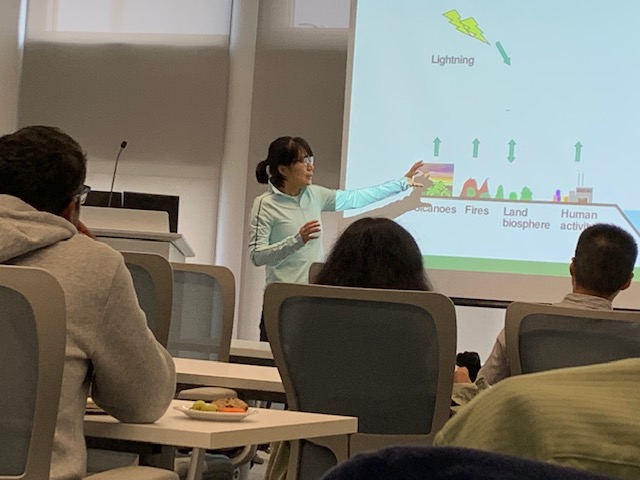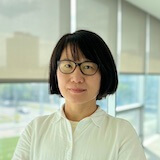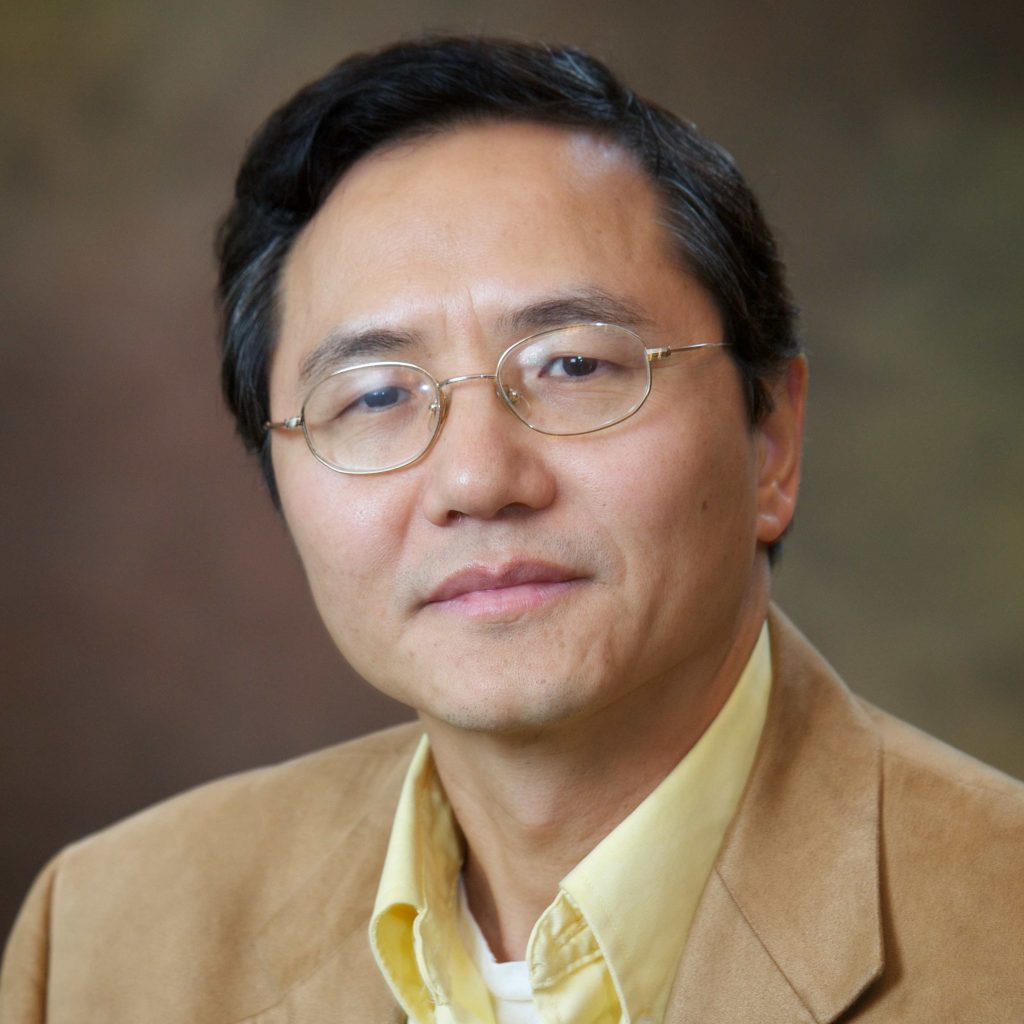While concentration measurements of atmospheric trace gas and particulate matter are essential to quantifying air pollution, numerical modeling research is imperative to understanding the mechanisms driving the formation of air pollution and further informing policymaking.
In this SyracuseCoE Research & Technology forum, Professor Huiting Mao of the State University of New York College of Environmental Science and Forestry (ESF)’s Department of Chemistry, introduced an air quality modeling system, its development and its application in regional air quality research. Using past studies as examples, Mao illustrated the impacts of regional transport, weather, emissions and atmospheric chemistry on ozone exceedances and other air quality problems. This R&T forum featured the regional and urban air quality modeling and simulation research conducted by Professor Huiting Mao and her research group at SUNY College of Environmental Science and Forestry (ESF).


Syracuse will undergo major changes as the I-81 project unfolds, which will have numerous impacts on the city and its residents. Mao’s modeling system can be applied to assess air quality impacts of the I-81 project on urban neighborhood scales. One key component is the link between human-centric research to physical and chemical research, through producing emission datasets reflecting the impact of the changes in urban infrastructure. This will require transdisciplinary collaboration between research areas in atmospheric sciences, urban mobility, energy management, social science and beyond.
In addition, SyracuseCoE’s Executive Director Jianshun “Jensen” Zhang, provided an update on the development of SyracuseCoE’s multiscale testbed for building and urban air quality monitoring that will facilitate both academic research and industrial product development and demonstration. Zhang also discussed potential collaborations among faculty, industrial and community partners, which includes, but is not limited to the studies of the impacts of major urban development or climate events such as highway rerouting, major industrial development and population growth and smog due to wildfire events. SyracuseCoE is engaging on a strategic project to develop a multiscale building and urban environmental and energy systems testbed to advance and facilitate the research, development and demonstration of environmental and energy technologies, and the collaborations among academic, industrial and community partners. This update focused on the framework developed for the urban and building air quality monitoring and discussed how the testbed can be used to complement the research in urban air quality modeling and simulations.
SPEAKER:

Huiting Mao, Professor and Associate Chair, Department of Chemistry, State University of New York College of Environmental Science and Forestry (ESF)
Dr. Huiting Mao’s research interests include regional tropospheric chemistry and climate change, climate-air quality connections, surface-atmosphere exchange of trace gases, and radiative transfer processes. Her work on these topics has appeared in 90+ high-impact journal publications. She has conducted research on ozone chemistry, biogenic and anthropogenic contributions to volatile organic compounds in marine and terrestrial environments, continental export of ozone and its precursors, mercury chemistry and transport on regional to global scales, and impacts of climate change on air quality. In recent years, her group has been studying atmospheric mercury cycling, ozone trends and deposition, and reactive nitrogen through improving chemical and physical mechanisms, implementing them in a regional chemical transport model, and applying the improved model to extensive case studies.
MODERATOR:

Jianshun “Jensen” Zhang, Professor and Executive Director, SyracuseCoE and Syracuse University
Dr. Zhang has more than 30 years of research experience in built environmental systems (BES) and is a professor of mechanical and aerospace engineering in the College of Engineering & Computer Science at Syracuse University. He is one of three co-leaders of the University’s Energy and Environment research cluster and is its Heathy and Intelligent Built Environments subcluster lead. Zhang also serves as the program director in the Building Energy and Environmental Systems Laboratory at Syracuse University. Currently, he teaches graduate and undergraduate courses in the areas of building energy and environmental systems and fundamental heat and mass transfer. As of 2021, Zhang leads SyracuseCoE as Executive Director.
Join us at our next event! Sign up to receive SyracuseCoE news and updates.
